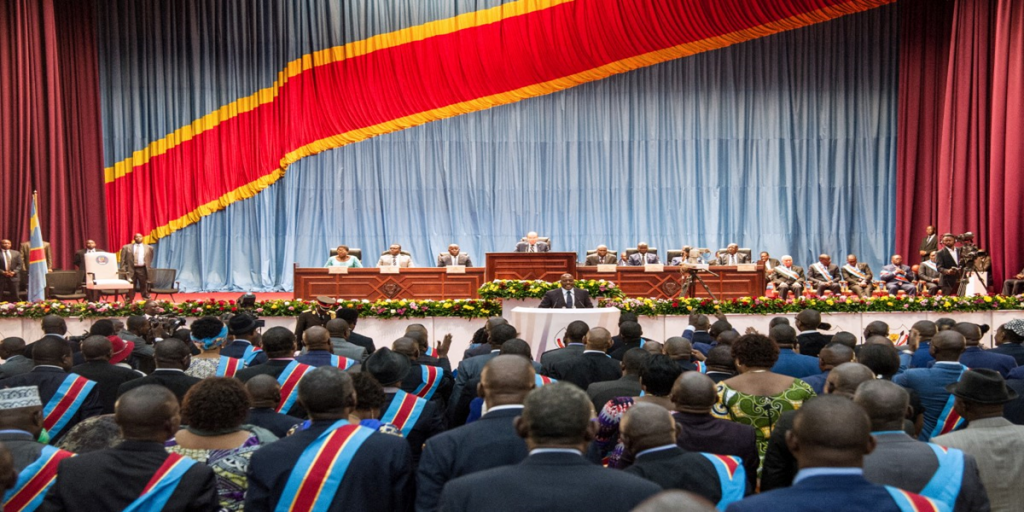Democratic Republic of Congo’s opposition fears constitutional reforms that could extend President Felix Tshisekedi’s stay in power beyond his second and final term, which began just a year ago is brewing.
Tshisekedi, who easily secured a second five-year term in the December 2023 elections, has kept his intentions regarding the constitution ambiguous. His recent remarks, however, have sparked speculation about whether he envisions amending the existing constitution or drafting an entirely new one.

During recent visits to several towns, Tshisekedi highlighted the need for a “constitution adapted to the realities” of the country, which gained independence from Belgium in 1960. He criticized the current constitution as “outdated,” claiming it was written abroad by foreigners. To address this, he announced the creation of a national commission set to deliberate on the matter starting next year.
While some academics argue that there’s no pressing need for constitutional reform, they acknowledge the legal possibility for such a review. Nonetheless, many believe Tshisekedi’s statements are politically motivated.
So far, the president has suggested that any constitutional changes would be subject to a referendum. The current constitution allows revisions only if approved either through a presidentially called referendum or by a three-fifths majority in parliament. Tshisekedi’s Sacred Alliance coalition holds an overwhelming majority in parliament, giving him significant leverage.
However, the opposition warns of a potential “constitutional coup d’état,” accusing Tshisekedi of planning to seek a third term and dismantle the two-term presidential limit. Opposition leaders, including Tshisekedi’s main rivals from the 2023 election, have vowed to organize “citizen demonstrations across the country” to resist any such moves.
Tshisekedi has repeatedly denied the allegations. In a late October rally attended by thousands of his supporters, he dismissed the opposition’s claims as baseless, urging citizens to distrust an opposition “with nothing to offer.”
Observers note that Tshisekedi’s supporters believe former President Joseph Kabila failed to secure a third term because he acted too late to consolidate enough political support. However, current constitutional provisions prohibit revisions during states of war, emergency, or siege.
Since 2021, the eastern provinces of North Kivu and Ituri have been under a state of siege due to ongoing conflicts that have persisted for nearly three decades. Prime Minister Judith Suminwa Tuluka recently travelled to Goma, the capital of North Kivu, to assess whether the state of siege should be lifted. The region remains under significant strain, with M23 rebels—backed by Rwanda—controlling large swathes of territory and clashing with the Congolese army.
Tuluka is expected to present her findings soon, which could influence decisions about maintaining the state of siege and, consequently, the potential for constitutional reforms. For now, the opposition remains vigilant, warning against any attempts to manipulate the political system in Tshisekedi’s favour.


